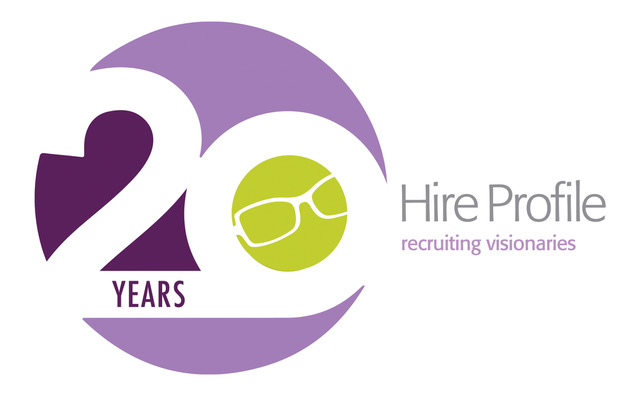Whether you’re a hiring manager or an employee you know how significant it is to align the recruiting process and overall hiring process with the target group, including the age group. Yet, media has created a conviction that each generation is so different that they can hardly collaborate.
Is there a generational war that prevents employees from coming together regardless of their age? Or does the conflict stay at the level of the TikTok middle part versus side part and skinny jeans versus wide-leg jeans debate?
Even though each generational cohort shares similar problems, ideas, and attitudes, generation is not a trait that ultimately defines an individual. Despite their differences, people of different ages can unite their unique experiences and skills and work together.
Yet, it is of paramount importance to understand each generation, their needs, and goals to provide them with a workplace in which they can thrive.
As there are four age groups in the workforce, here is what you should know about them.
Generational Characteristics and Differences
Baby Boomers
Born between 1946 and 1964, boomers are highly traditional and focused on ensuring safe retirement funds. These individuals are competitive and addicted to their work. It is no surprise that 65% plans to work past age 65.
They prefer office work and long work hours because they love discussing their responsibilities face to face. As seasoned professionals, boomers demand respect and visibility, they don’t require mentorship, and they can start their tasks right away without guidance.
These individuals are ideal for large organizations with a clear hierarchy, schedules, and roles.
Generation X
Those born between 1965 and 1980 belong to Generation X, a balance between traditional and digitally savvy individuals. The majority cares about reducing their debts, raising families, and taking care of their parents.
Generation X is independent, pragmatic, and ethical. They seek a workplace that fosters work-life balance, meritocracy, and a casual environment. Moreover, these individuals appreciate immediate and constructive feedback, flexibility, and professional growth opportunities.
Contrary to boomers, Gen X is skeptical of authority and embraces changes with ease.
Millennials
Millennials were born between 1981 and 1996, and they’re the largest generation in the U.S. workforce. These individuals are multitaskers, career-oriented, and creative, and they require transparency, guidance, and regular feedback.
They want flexibility, but not at the expense of their personal time. Thus, millennials prefer working remotely and having access to various professional development opportunities.
Regarding physical spaces, they want a tech-savvy workplace that allows them to wear casual outfits. Millennials also prefer having a mentor and being surrounded by open-minded coworkers.
Generation Z
These individuals were born between 1997 and 2012, and they want to try various roles inside an organization. Gen Z is pragmatic and has a DIY approach, which is why 75% believe college is overrated.
Job security is their greatest motivation, but these individuals prefer companies that offer telework or hybrid forms of work. Generation Z is open to freelancing and individual work. Also, these individuals want to work with millennial managers due to the similarity in age and experiences.
Now that you know the main characteristics of each generation, here is how you can leverage that to create an efficient generational workplace.
How to Foster a Generational Workplace
Even though being an organization with four different generations may sound daunting, it is a stellar benefit. For instance, the workplace is becoming increasingly remote, making it ideal for the two youngest generations, millennials and Gen Z.
Both require flexibility that doesn’t affect their personal time. It is why you should foster an environment that allows employees to work from home at least some of the time. Thus, it is beneficial for Gen Z to pair them with millennial supervisors who can help them navigate the world of work and share their knowledge.
On the other side, millennials should preferably have Gen X mentors who provide regular feedback and nurture their professional growth. While Gen Z and millennials care about upskilling, development opportunities, and life quality, Gen X prefers financial incentives.
However, Generation X also wants flexible work hours and telecommuting options. As workplace veterans, boomers appreciate generous retirement and healthcare plans.
The boomer generation wants respect from the younger employees, and they feel best working nine to five at the office. Although Gen X and millennials see salaries as a priority, boomers care more about feeling a sense of purpose at work.
Despite their differences, generational collaboration is possible if you provide each generation with the right incentives, opportunities, and environment.
Foster a workplace where millennials and Generation Z can work remotely, access the latest tech and growth opportunities, and learn from each other. Ensure that boomers have meaningful work and work at the office while providing Gen X with competitive salaries and flexibility. That is a path to a thriving generational work and collaboration.

